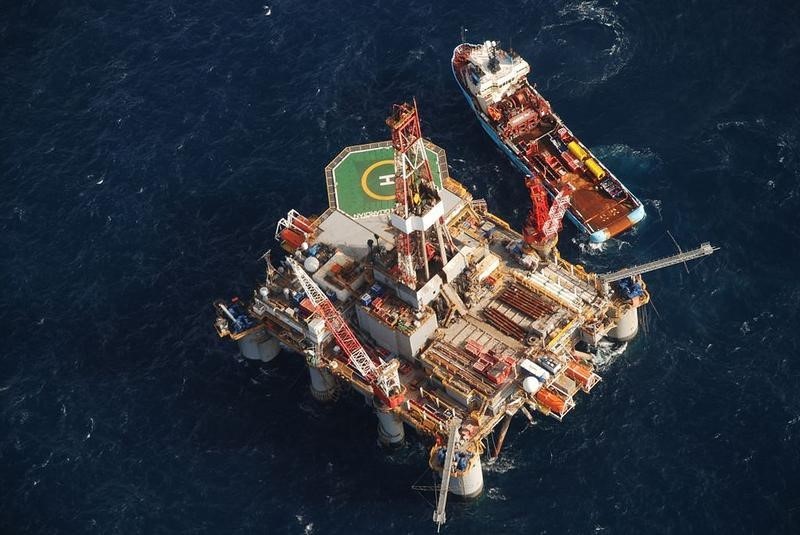SYDNEY, Jan 9 (Reuters) - Australia on Monday agreed to let East Timor terminate an oil revenue treaty between the two neighbours, a key step towards ending a maritime border dispute that has prevented the development of a $40 billion offshore gas field.
Ending years of opposition, Foreign Minister Julie Bishop said Australia would accept Dili's formal notice to terminate the agreement to split petroleum revenue equally from the Greater Sunrise fields and set a 50-year timetable for negotiating a permanent sea boundary.
East Timor had sought for years to terminate the agreement, after allegations Australia bugged the tiny Pacific Island nation during treaty discussions in 2004. Australia has never admitted nor denied the allegations.
Dili took the dispute to the Permanent Court of Arbitration, which ordered compulsory arbitration between the two last September. governments of Timor-Leste and Australia look forward to continuing to engage with the Conciliation Commission and to the eventual conclusion of an agreement on maritime boundaries in the Timor Sea," the two countries said in a statement on Monday.
The existing maritime boundary is aligned with Australia's continental shelf, but East Timor has long argued the border should lie half way between it and Australia and put more of the Greater Sunrise field under its jurisdiction.
The political dispute had led the owners of the Greater Sunrise fields -- Woodside Petroleum WPL.AX , ConocoPhillips (NYSE:COP) COP.N , Royal Dutch Shell RDSa.L and Japan's Osaka Gas 9532.T -- to shelve the project.
The fields are estimated to hold 5.1 trillion cubic feet of gas and 226 million barrels of condensates, which analysts have estimated could be worth $40 billion.
"We look forward to an agreement that allows for the earliest commercialisation of the Greater Sunrise fields, which promise great benefits for all parties," Woodside, the operator of the project, said in an emailed statement.
Earlier treaties that established a joint petroleum development area with revenue split 90 percent to East Timor and 10 percent to Australia, which govern production from the Bayu-Undan field run by ConocoPhillips, will remain in place.
